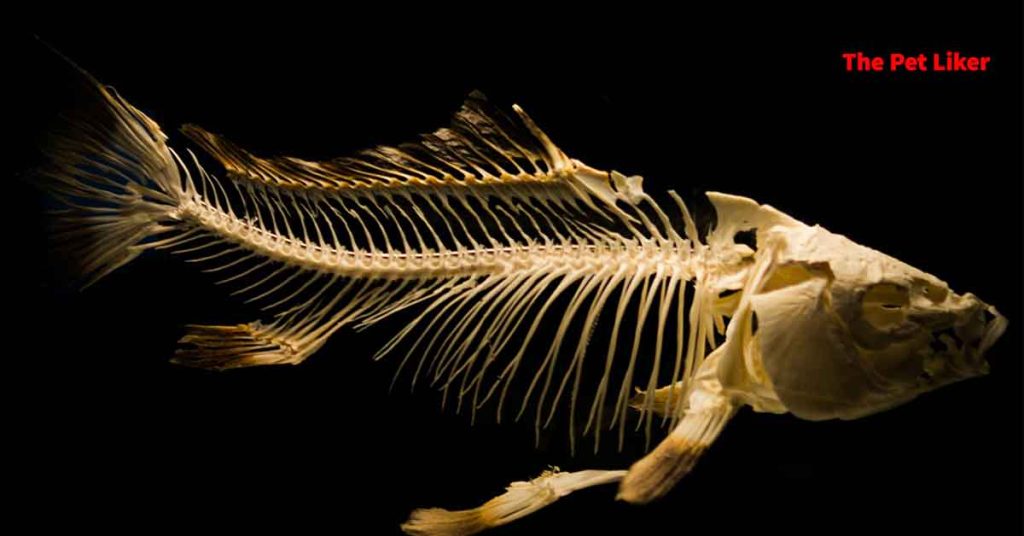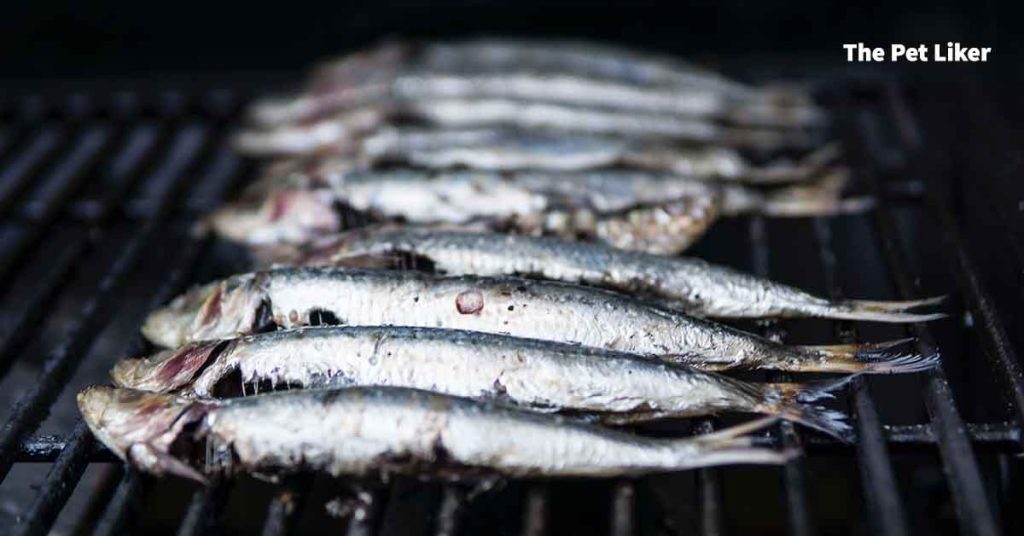Can hamsters eat fish? Hamsters can eat fish, but it is not recommended as a regular part of their diet.
While hamsters are omnivores and can consume both plant-based and animal-based foods, their digestive system is not designed to digest meat in large quantities.
In this article, we will explore the question and provide you with all the information you need to make an informed decision about your pet’s diet.
Can hamsters eat fish bones?

No, hamsters should not eat fish bones as they can be a choking hazard and may cause injury to their digestive system.
While hamsters are capable of eating small amounts of animal-based protein, it is important to ensure that the protein is boneless and thoroughly cooked to prevent any potential health risks.
If a hamster accidentally ingests a fish bone, it is crucial to monitor them closely for any signs of discomfort or digestive issues such as vomiting, diarrhea, or lethargy.
If your hamster displays any of these symptoms, it is best to seek veterinary care immediately.
Can hamsters eat raw fish?

No, hamsters should not eat raw fish as it can contain harmful bacteria and parasites that can cause health issues in hamsters.
Raw fish may also contain thiaminase, an enzyme that breaks down thiamine (vitamin B1) in the body, which can lead to a deficiency in this essential nutrient.
Can hamsters eat cooked fish?

Yes, hamsters can eat cooked fish, but it should be given in moderation and boneless to prevent any potential health risks.
Cooked fish is a good source of protein for hamsters and can be a nutritious addition to their diet.
When feeding cooked fish to your hamster, it is important to ensure that it is thoroughly cooked to eliminate any potential bacteria or parasites.
It is also crucial to avoid feeding hamsters any fish that is high in mercury or other harmful chemicals.
Are There Any Health Benefits To Feeding Fish To Your Hamsters?
Fish can be a healthy addition to a hamster’s diet when given in moderation and prepared properly.
Fish is a good source of protein, omega-3 fatty acids, and other essential nutrients that can benefit your hamster’s health in various ways.
Protein is crucial for your hamster’s growth and development, and fish can provide a high-quality source of protein.
Omega-3 fatty acids found in fish can support your hamster’s immune system, improve their skin and coat health, and aid in their overall health and well-being.
What Are The Risks Of Feeding Fish To Your Hamsters?
Feeding fish to hamsters can have some potential risks and should be done with caution. Here are some of the possible risks of feeding fish to your hamsters:
- Bones: Fish bones can pose a choking hazard to hamsters, as they can be sharp and get stuck in their throat or digestive tract.
- Mercury and other toxins: Some types of fish can contain high levels of mercury and other harmful toxins, which can be harmful to your hamster’s health if consumed in large quantities.
- Digestive issues: Hamsters are not used to eating fish and may experience digestive issues such as diarrhea or vomiting if they eat too much fish or fish that is not properly cooked.
- Thiaminase: Some types of raw fish contain thiaminase, an enzyme that breaks down thiamine (vitamin B1) in the body. Thiamine deficiency can cause severe health problems for hamsters.
- Allergies: Just like humans, hamsters can have allergies to certain types of food, including fish. If your hamster displays any signs of allergic reactions, such as itching or hives, after eating fish, you should stop feeding it immediately.
Wrapping Up
Hope this article answered your question “Can hamsters eat fish?”
Hamsters can eat cooked fish in moderation and boneless as it can provide them with essential nutrients like protein and omega-3 fatty acids.
There are potential risks to feeding fish to hamsters, such as bones, mercury and other toxins, digestive issues, thiaminase, and allergies.
It is important to ensure that the fish is thoroughly cooked, free from harmful substances, and offered in moderation as part of a well-balanced diet.
If you have any concerns about your hamster’s diet or health, it is best to consult with a veterinarian or a qualified pet nutritionist for advice.
Thank you for reading! Always stay with The pet liker!! Have a nice day!!!
FAQS:
Here are some frequently asked questions (FAQs) about feeding fish to hamsters:
Can hamsters eat canned fish?
Hamsters can eat canned fish in moderation as long as it is boneless, and there are no added oils, spices, or preservatives that can be harmful to their health.
Can hamsters eat fish skin?
It is not recommended to feed fish skin to hamsters as it can be tough to digest and can cause digestive issues.
Can feeding fish to hamsters improve their coat or skin health?
Feeding fish to hamsters can improve their coat or skin health due to the presence of omega-3 fatty acids, which are essential for maintaining healthy skin and fur.
How should I prepare fish for my hamster?
Fish should be cooked thoroughly and free from any bones or harmful substances. It is best to offer fish in small pieces to prevent choking hazards.
Can hamsters eat fish sticks or fish fingers?
No, hamsters should not be fed processed fish products like fish sticks or fish fingers, as they contain high amounts of salt, additives, and preservatives that can be harmful to their health.
Can hamsters eat sushi or sashimi?
No, hamsters should not be fed sushi or sashimi as they are raw and can contain harmful bacteria or thiaminase that can cause digestive issues or thiamine deficiency.
What should I do if my hamster has an adverse reaction to fish?
If your hamster displays any signs of allergic reactions or digestive issues after eating fish, you should stop feeding it immediately and seek veterinary advice.

